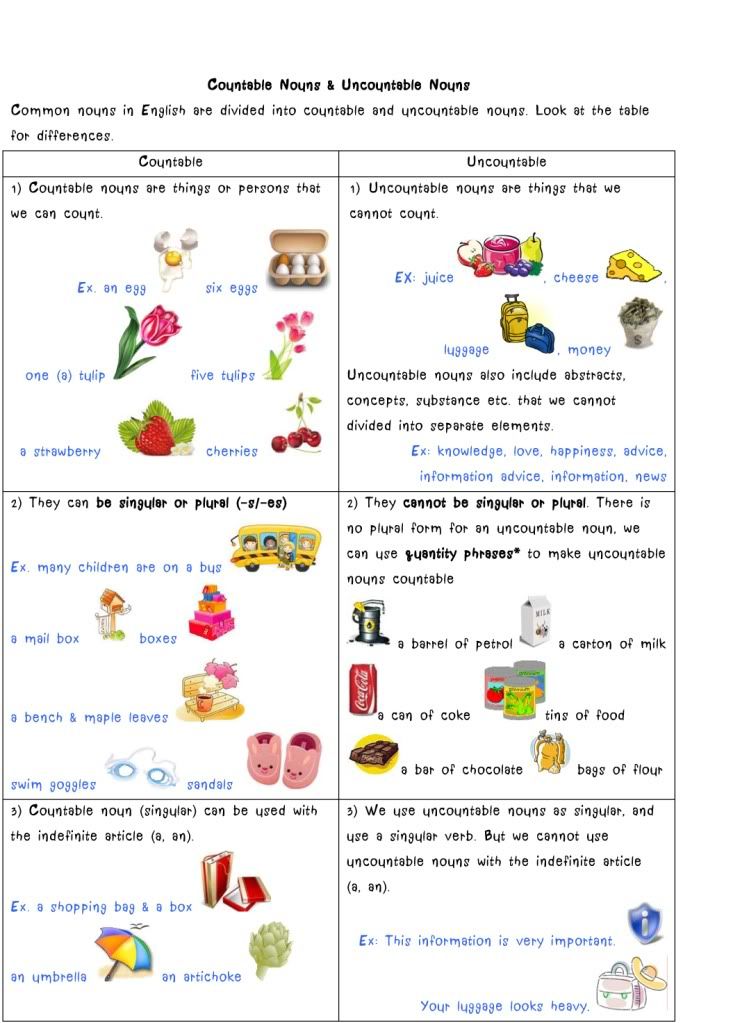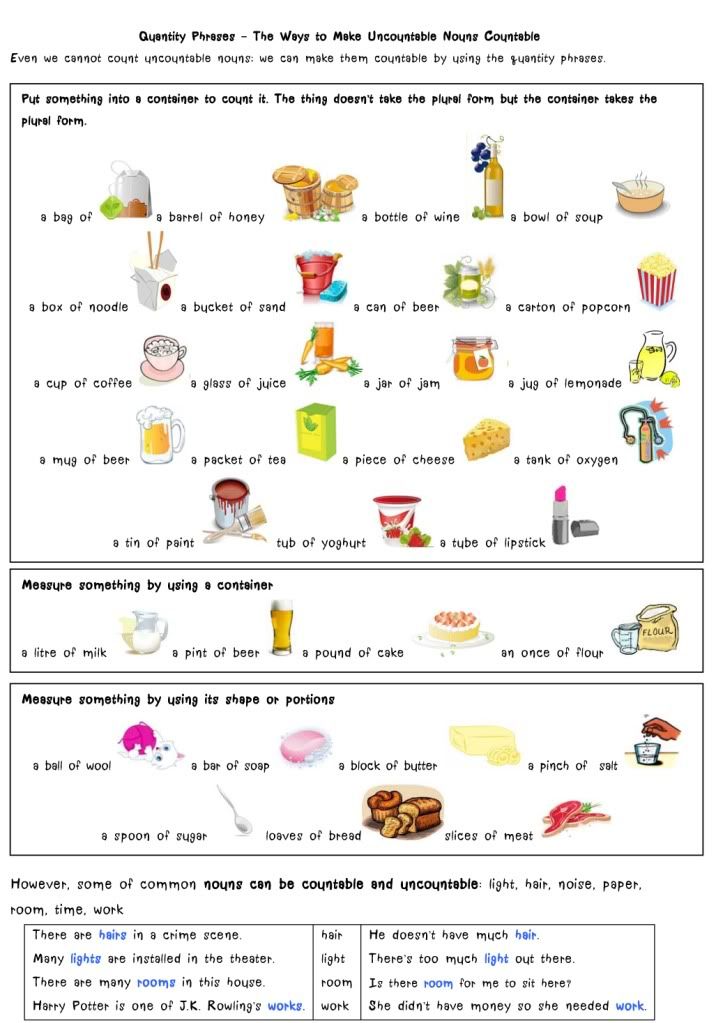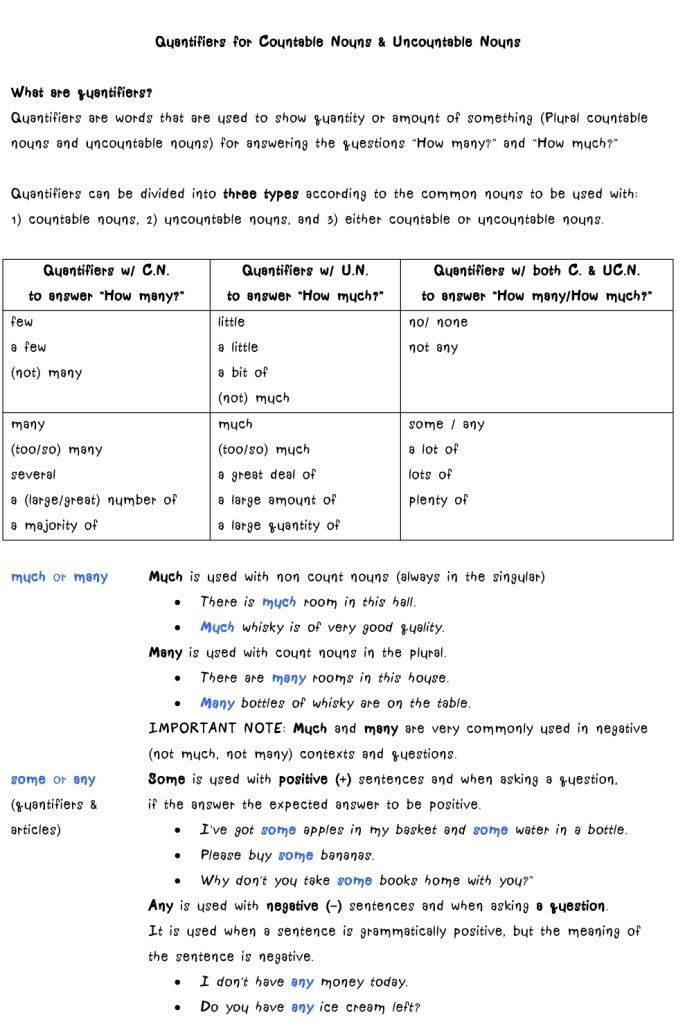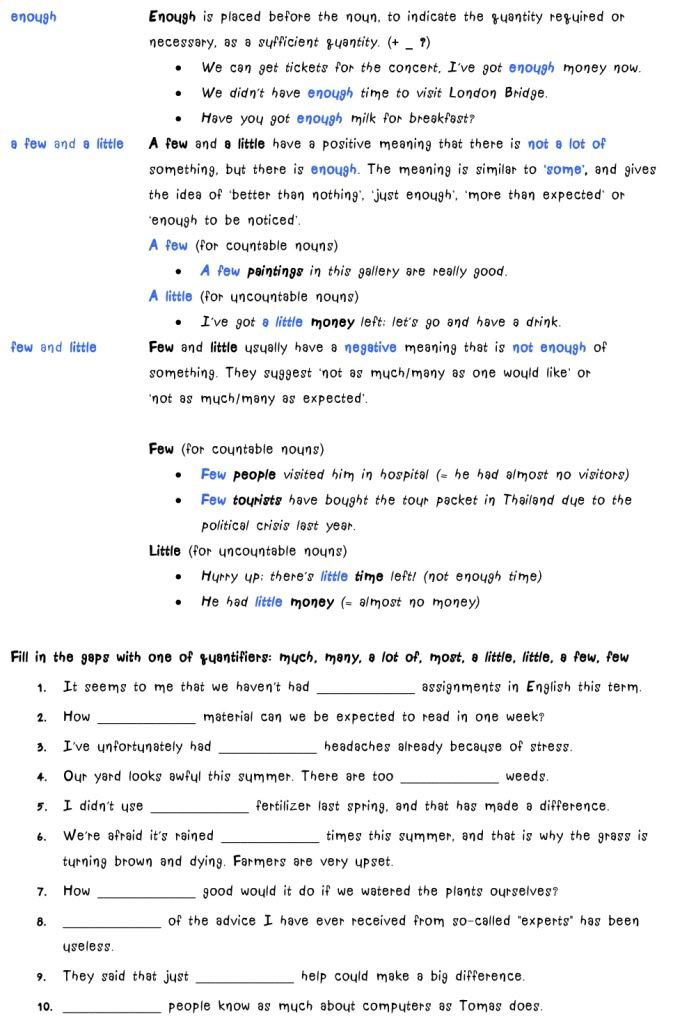Refresh Your English
Friday, November 4, 2011
Tuesday, December 7, 2010
Monday, November 29, 2010
Finding Topics & Understanding Main Ideas
Thursday, November 18, 2010
Monday, November 15, 2010
7A (face2face): Present Continuous for Future Arrangement
Present Continuous Tense

As you know Present Continuous Tense is used to describe ac action in progress as the moment of speaking or around the the time of speaking, this tense is also used for the action in the near future; the action that some one has arranged to do something in the future.
Some of you might have no idea whether it means the present or the future, so look at the samples to notice the sentence pattern in green and the phrases of time in orange.

Moreover, we also use "be going to" for the planned action in the future.

Sources:
Eastwood, J. (1999). Oxford Practice Grammar with Answers (2nd ed.) Oxford: Oxford.
Foley, M. & Hall, D. (2003). Longman Advanced Learners' Grammar. Essex: Pearson.
Sunday, November 14, 2010
7A-7B (StraightForward): Present Perfect Continuous
When do we use this tense?
Present Perfect Continuous tense is used when we want to emphazie the duration of an action that has happened in the past and:



IMPORTANT !!!
"Have you been feeling alright?" ---> You feel that person seems sick or unhealthy
"Have you been smoking?" ---> You smell the smoke on that person.
NOTE: Using this tense in a question shows you can see, smell, hear or feel the results of that action. It is possible to insult someone by using this tense incorrectly.
*Present Perfect Continuous is productive when you learn some of sentences as fixed phrases, it helps make different sentence.
Signal words: for, since, all day, the whole week, how long?
Limited number of verbs using with Present Perfect Continuous: work, waiting, living, studying, doing, getting, taking (progress/ enquiries/ plans), thinking, trying, expecting.






